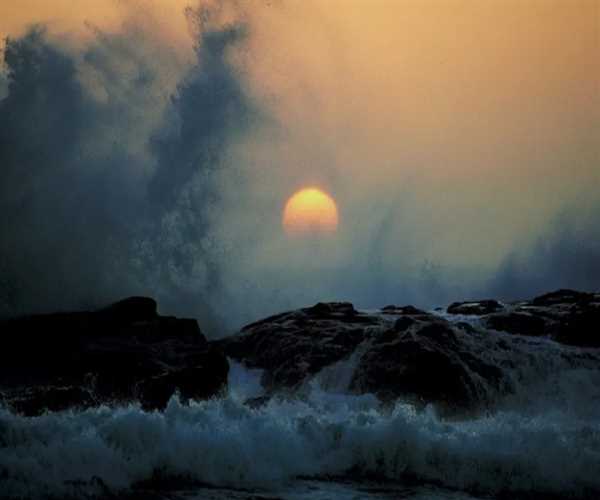
13-Jun-2024 , Updated on 6/13/2024 4:59:03 AM
Heat is killing us. Will climate change kill us?
The intense heat of summer transforms concrete jungles into harsh environments. Temperature records are reached when heat waves grow in frequency and intensity. This intense reality is more than just a transient inconvenience; it poses a serious risk to human health and serves as a sobering warning of the impending perils of climate change. This blog explores the longer-term, more comprehensive risks presented by global warming in addition to the immediate consequences of excessive heat.
The Deadly Grip of Heat: From Pain to Lethal Outcomes
Severe heat is more than simply a hassle. It may have dire, perhaps fatal, repercussions. Prolonged exposure to high temperatures can lead to several dangers, including heatstroke, dehydration, and exacerbation of pre-existing medical issues. Those with chronic conditions, the elderly, and small children are especially at risk. Heatwaves may also affect infrastructure, water supply, and food production, which can have a domino effect of unfavorable effects.
Heatwaves' Ripple Effect: Beyond the City Limits
Heatwaves have effects that go well beyond health. Temperature increases have the potential to harm agricultural production, resulting in price increases and food shortages. Heat increases the pace at which water evaporates, making water shortage a critical problem that affects irrigation and human use. Severe heat waves can worsen wildfires, which can destroy entire ecosystems and result in financial damages. Heatwaves have an unquestionable knock-on effect that affects everything from ecosystems to livelihoods.
A Look Toward the Future: Climate Change Acting as the Trigger
Heatwaves are not inherently new, but there is proof that the frequency, severity, and length of those occurrences are on the upward push due to climate exchange. The primary cause of the worrisome price of world warming is human activity, which releases greenhouse gasses into the environment. The earth overheats as a result of these gasses' capacity to trap warmness, a manner much like that of a greenhouse trapping warm temperature.
The Ripple Effect of Global Warming: From Increasing Sea Levels to Severe Weather
Climate change is a complex network of interrelated consequences, now not simply an increase in temperature. Sea tiers will upward push as a result of warming waters, endangering coastal cities. Sea ranges are increasing and water shortages are a result of glaciers and ice caps melting. More frequent and excessive storms, floods, and droughts can be brought on by using adjustments in weather patterns, further frightening ecosystems and society.
Mitigating Climate Change and Adapting to Heat in a Race Against Time
Fortunately, we still have time to do so. A key issue of mitigating climate exchange is transferring to renewable power assets, reducing our dependence on fossil fuels, and placing sustainable behavior into the vicinity. Our resilience will boom if we invest in power-efficient infrastructure and create heat movement plans.

CONTENT WRITER
Writing is my thing. I enjoy crafting blog posts, articles, and marketing materials that connect with readers. I want to entertain and leave a mark with every piece I create. Teaching English complements my writing work. It helps me understand language better and reach diverse audiences. I love empowering others to communicate confidently.
Join Our Newsletter
Subscribe to our newsletter to receive emails about new views posts, releases and updates.
Copyright 2010 - 2026 MindStick Software Pvt. Ltd. All Rights Reserved Privacy Policy | Terms & Conditions | Cookie Policy